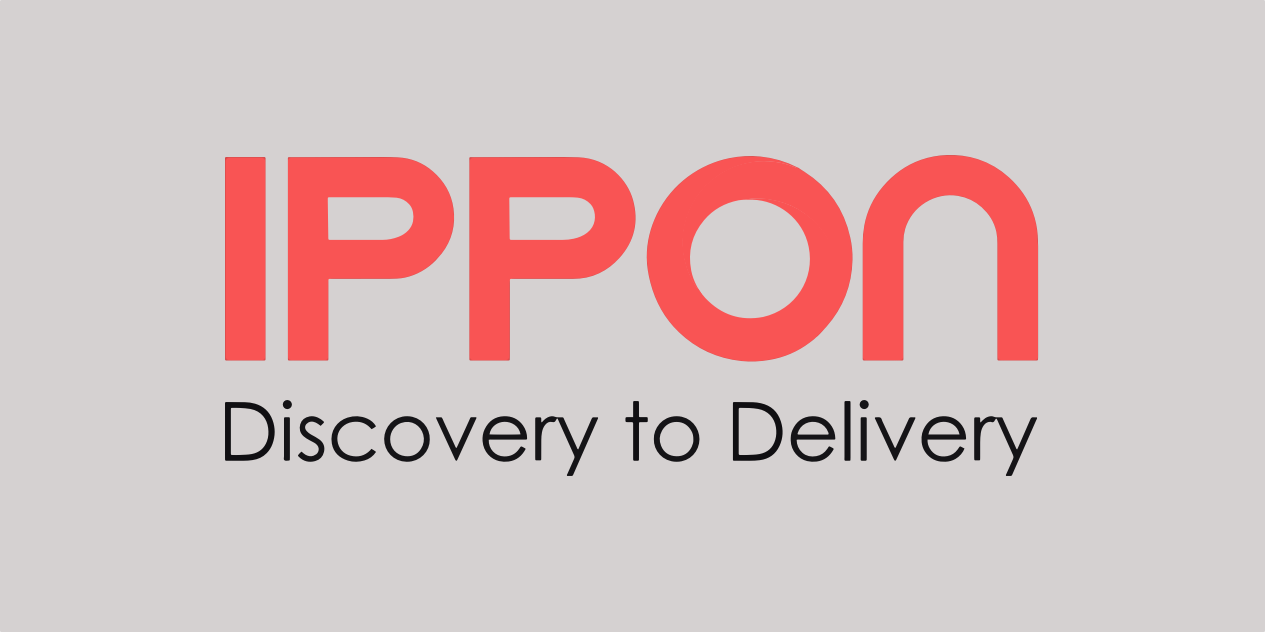I attended the AgileDC conference this year for the first time and it was a blast.
Great opportunity to get together with DC area Agile enthusiasts, and you can’t beat the price - only $200 for the whole day this year, with loads of great options for sessions. I wish there had been 10 of me there, so next year I’ll bring the whole DC office with me.
While there were tons of different sessions and speakers, as I think back on the day there were definitely some themes to this year’s event.
Feedback Loops
The keynote speaker, Andrew Clay Shafer of Pivotal, offered a memorable visual on feedback loops in the form of martial arts, where in martial arts “you can either beat me or you can’t.”
In software development, on the other hand, long feedback loops can offer us a chance to avoid reality (this is bad, OK?). There has been an increasing focus on tightening up or shortening these feedback loops to try to provide more immediate feedback for dev teams and ensure that we’re staying in tune with reality.
Some examples of this are:
- Big Visible Charts and information radiators
- Asking teams to check in on feelings at end of day can provide early indications of how things are going
- TDD and automated testing
- The list goes on and on.
On the topic of feedback loops, sometimes it can be really scary to share feedback so immediately; there is a strong temptation to delay or filter it before sharing. Colleen Johnson of ImagineX shared a great story about implementing a kanban board and posting it right outside the executive offices for maximum visibility so that everyone would be able to see the status immediately. Naturally, some people were a bit nervous about the high visibility, but the end result was that everyone was able to get around the same board and see the same updates immediately, a lot of the additional communication was eliminated and everyone could get focus on delivering work and getting rid of obstacles.
DevOps
Dev + Ops has been a powerful additional to Agile, and breaking down the wall between the two has been hard work. As Andrew pointed out during the keynote, Dev and Ops are essentially opposing forces, with one trying to do new things and the other trying not to.
There were several sessions on devops including a session by Steve Mayner on Beating the Odds of OCM Failure in Agile / DevOps Initiatives.
It was great to see so many people talking about topics like continuous deployment, continuous integration, continuous delivery, automated testing, combining agile and devops, and basically admitting how difficult this is to pull off successfully.
The Power of Community
Community came up a lot throughout the day, from the keynote to my last session. Many of the speakers and attendees have received a lot of value over the years from communities we’ve participated in, both outside of work and at work. We are also starting to see evidence that communities at work can make up for some of the information distribution that is not taking place because of the way the organization is stacked. Loss of information, missed opportunities for learning, and repeating work are all things that anyone would want to avoid. Community helps with that, and more.
Agile = More Than Just Scrum
This came up in a lot of different ways throughout the day but the voices were numerous and plaintive: Agile is so much more than scrum! It encompasses Lean, XP, Crystal, Kanban, and more (see pic). People often say “agile” when they really just mean “scrum” (which is only one little slice or part of agile). Andrew Shafer even said scrum is the most tepid form of agile; he is really heated up about Agile being more than just scrum. And I just want to say - OK, I hear you!
There were several sessions on Lean, Kanban, and XP. I attended a session on end to end Kanban for the whole organization that was just terrific - was led by Colleen Johnson and is another strong reminder of the large umbrella that is Agile.
Software Development is Hard
This is another theme I heard throughout the day in a lot of different ways...
- Our keynote speaker @littleidea, who said anyone who says it’s not hard is delusional and about to fail miserably (I’m paraphrasing, his exact quote was a lot funnier).
- You don’t even have a shared vocabulary most of the time, noted Brian Sjoberg and Julie Wyman of Excella, who offered a session on causal loop diagrams to help with some of these discussions where the words are missing or stacked against you.
- Product owners are challenged in trying to get the features out in time - this inspired a very interesting “Dicey Markets” game offering by David Kane and George Paci.
I’ve tried to provide a bit of the flavor of being there, but really there’s nothing quite like attending in person.
Maybe I’ll see you there next year!




.jpg?width=520&height=294&name=IMG_3108%20(1).jpg)

Comments